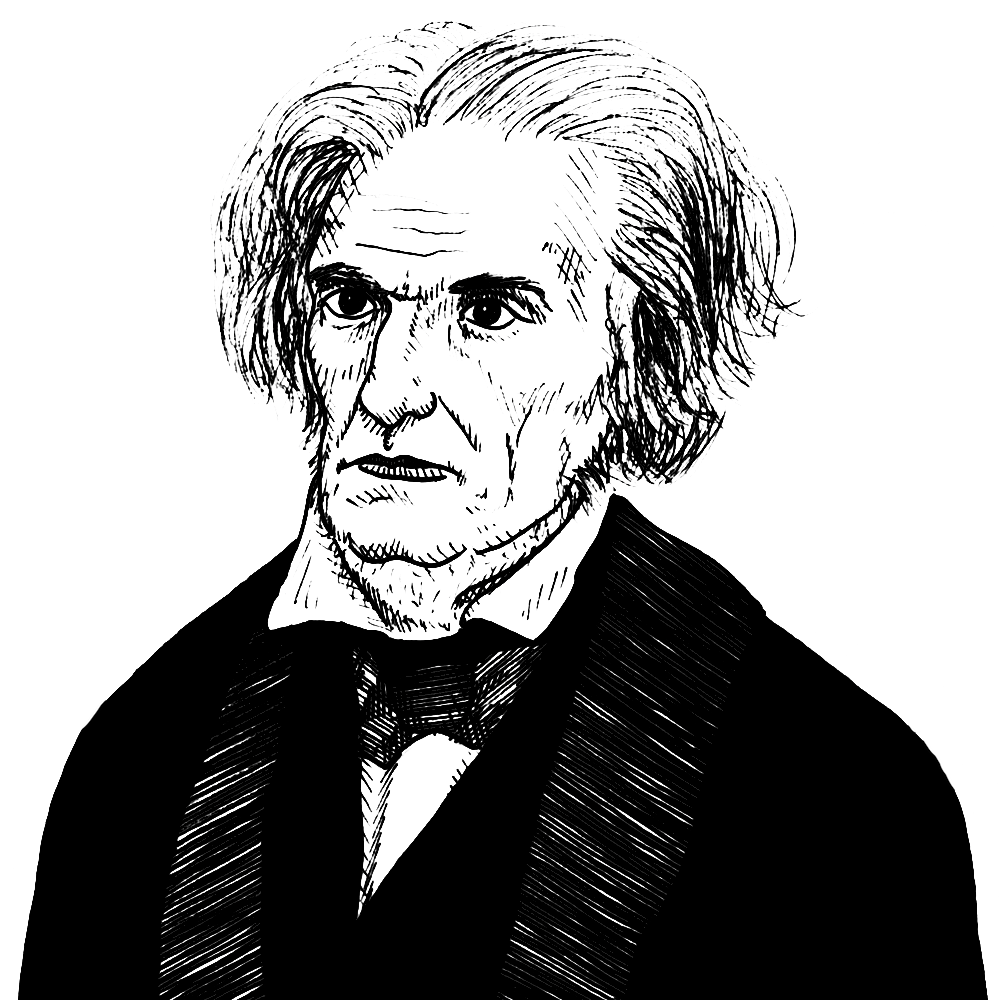
John Calhoun on the Nature and Purpose of Constitutions
Found in: Union and Liberty: The Political Philosophy of John C. Calhoun
John Calhoun’s Disquisition on Government is one of the only theoretical treatises on government written by a prominent American statesman. In it, Calhoun offered some of his more lasting insights on the nature and purpose of constitutionalism.
Politics & Liberty
The powers vested in [government officials] to prevent injustice and oppression on the part of others, will, if left unguarded, be by them converted into instruments to oppress the rest of the community. That by which this is prevented, by whatever name called, is what is meant by constitution, in its most comprehensive sense …